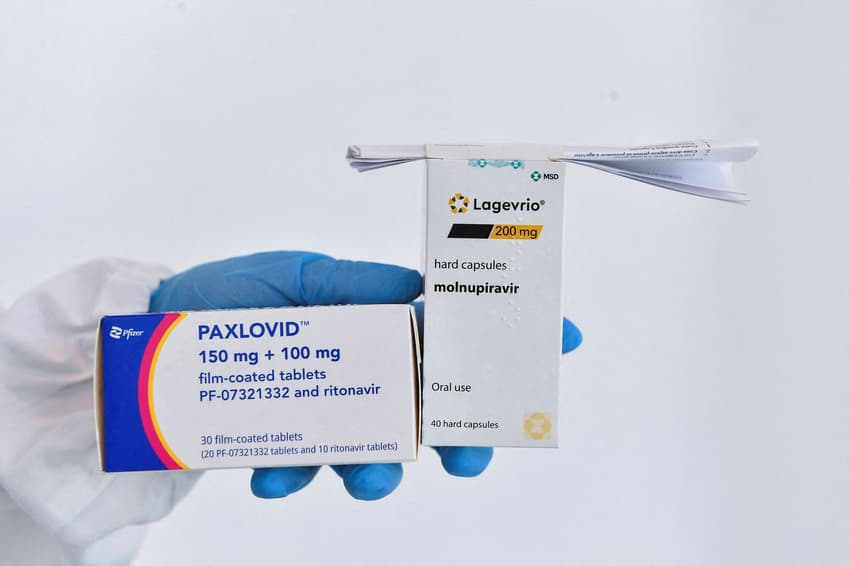Danish health authority withdraws Covid-19 pill

The Danish Health Authority (Sundhedsstyrelsen) no longer recommends the Covid-19 therapeutic medicine Lagevrio, citing the medicine’s lack of effectiveness.
Persons at risk of severe illness with Covid-19 will no longer be prescribed the therapeutic medicine Lagevrio in Denmark.
The country’s Health Authority decided to pull the medicine from use in the health system after it was deemed to lack the requisite efficiency to justify its use as a prescribed treatment.
The tablet has been withdrawn due to its low effectiveness rather than because of safety concerns, the agency said.
The decision comes following evaluation of Lagevrio by the European Medicines Agency (EMA). EMA has concluded that the medicine should not be recommended for final approval.
It has been used in Denmark despite not having EMA approval under a Danish Medicines Agency general arrangement.
“We have been looking forward to the final evaluation from the EMA, which we will naturally adhere to. The EMA has now rejected the medicine, and we will therefore no longer recommend that Lagevrio is used in Denmark,” senior medical consultant Kirstine Moll Harboe of the Danish Health Authority said in a press statement.
“We note that the failure to give approval is not a result of problems with the medicines safety, but that there is a lack of documentation for good effectiveness,” she said.
A total of 6,281 people in Denmark have used the medicine between December 2021 and December 2022, according to Danish Health Authority data. Around 70 percent of them were over the age of 65.
The medicine was given to persons who are at an increased risk of severe illness due to Covid-19.
READ ALSO: Denmark to close all remaining Covid-19 test centres by end of March
Comments
See Also
Persons at risk of severe illness with Covid-19 will no longer be prescribed the therapeutic medicine Lagevrio in Denmark.
The country’s Health Authority decided to pull the medicine from use in the health system after it was deemed to lack the requisite efficiency to justify its use as a prescribed treatment.
The tablet has been withdrawn due to its low effectiveness rather than because of safety concerns, the agency said.
The decision comes following evaluation of Lagevrio by the European Medicines Agency (EMA). EMA has concluded that the medicine should not be recommended for final approval.
It has been used in Denmark despite not having EMA approval under a Danish Medicines Agency general arrangement.
“We have been looking forward to the final evaluation from the EMA, which we will naturally adhere to. The EMA has now rejected the medicine, and we will therefore no longer recommend that Lagevrio is used in Denmark,” senior medical consultant Kirstine Moll Harboe of the Danish Health Authority said in a press statement.
“We note that the failure to give approval is not a result of problems with the medicines safety, but that there is a lack of documentation for good effectiveness,” she said.
A total of 6,281 people in Denmark have used the medicine between December 2021 and December 2022, according to Danish Health Authority data. Around 70 percent of them were over the age of 65.
The medicine was given to persons who are at an increased risk of severe illness due to Covid-19.
READ ALSO: Denmark to close all remaining Covid-19 test centres by end of March
Join the conversation in our comments section below. Share your own views and experience and if you have a question or suggestion for our journalists then email us at [email protected].
Please keep comments civil, constructive and on topic – and make sure to read our terms of use before getting involved.
Please log in here to leave a comment.